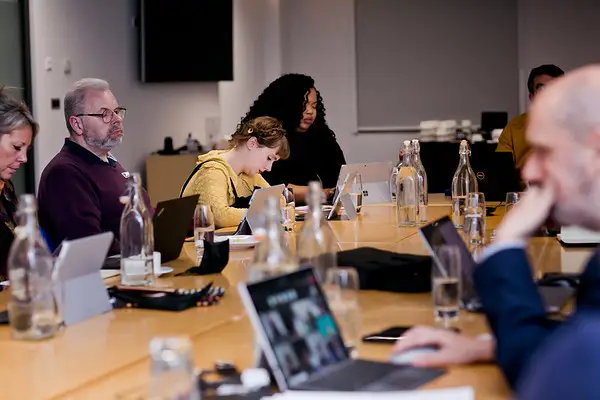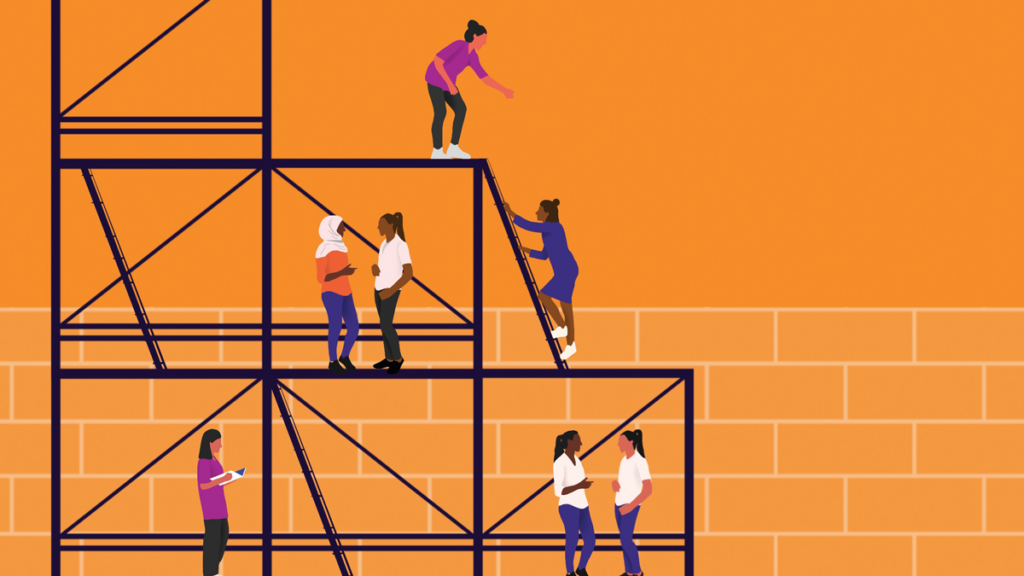Jayne Bekoe, Head of Equality, Diversity & Inclusion at the RCM talks about her work with the TUC to stamp out sexual harassment and why everyone needs to fill in the TUC survey on sexual harassment in the workplace.
Sexual harassment at work is illegal and awful for the person experiencing it. No one should have to go through it least of all healthcare professionals who dedicate their lives to helping people. Sadly, we know that Black Women and those from the global majority experience additional challenges in the workplace than their white counterparts.
I have recently had the privilege of working with the Trade Union Congress (TUC) as part of the Black Women and Sexual Harassment Advisory Group. Being part of the TUC gives the RCM fantastic opportunities to get involved and support their important work to stamp out sexual harassment.
Over the past couple of years the TUC through its #ThisIsNotWorking campaign has been calling on the Government to take immediate action on sexual harassment at work by introducing an enforceable legal duty requiring employers to take all reasonable steps to protect workers from sexual harassment and victimisation. This is a crucial step but there is certainly more to do and this is backed up by the numerous polls and stats.
For example a TUC poll last year found that three in five (58%) women – and almost two-thirds (62%) of women aged between 25 and 34 have experienced sexual harassment, bullying or verbal abuse at work. For global majority, younger, LGBT, disabled women and migrant workers sexual harassment can be more prevalent and other types of discrimination. In 2022 a different piece of research by the TUC found that two in five (41%) global majority workers have faced racism at work in the last five years. The NHS is not immune to this with latest Workforce Race Equality Standard (WRES) data showing that 28% of global majority staff experienced harassment, bullying or abuse from other staff in the last 12 months. Last year for the first time the NHS Staff Survey asked staff if they had been the target of unwanted sexual behaviour from patients, members of the public, or colleagues in the previous year. 9% of respondents reported that they were sexually harassed while at work.
Now the TUC Black Women and Sexual Harassment Advisory Group with Queen Mary University has launched a survey to gather data on global majority women’s experiences of sexual harassment in the workplace. The survey looks to understand the insights and experiences of global majority women in order to address the crucial issue.
The survey is anonymous, and the research will inform the development of strategies and policies aimed at fostering safe and respectful workplaces for all employees. If you’re from the global majority or have seen people from the global majority harassed at work, please fill this in. The data they get will go a long way to informing what the next steps should be.
Responses will remain confidential and will be used solely for this research. Participation is entirely voluntary, and you can choose to withdraw from the survey at any time. It only takes approximately 15 minutes to complete.
To begin the survey, please click on the following link: https://qmulbusiness.qualtrics.com/jfe/form/SV_79WCIMaiYyMGvyK.


